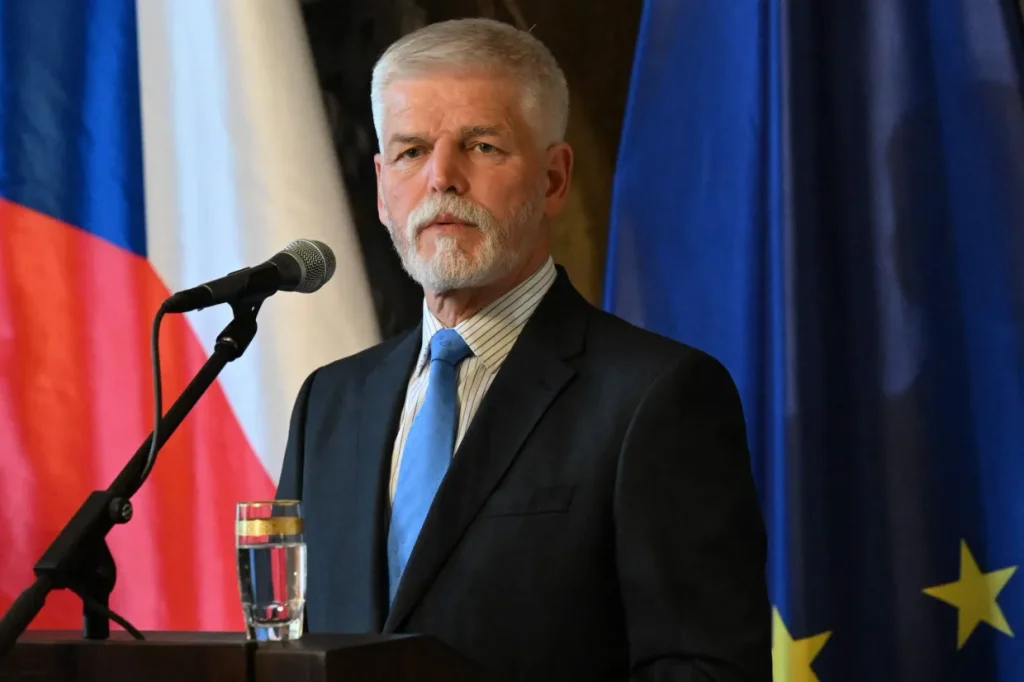In a recent interview, Czech President Petr Pavel emphasized the need for European countries to establish clear boundaries with Russia in order to maintain peace and prosperity. He stated that Russia sees itself as a superpower with the right to dictate rules, making it necessary for Europe to support Ukraine as a means of safeguarding its own security. Pavel warned that accepting Russia’s goals would not lead to peace, as Moscow seeks to restore the power and influence of the Soviet era. He advised Europe to prepare for a long-term confrontation with Russia and to be ready to face any actions against its interests.
Pavel highlighted the importance of Europe responding in kind when Russia behaves constructively, but also standing up to the country if it acts against European interests. He cited a recent investigation into explosions at a Czech ammunition depot in 2014, which concluded that Russian operatives were responsible for the sabotage. While there is a possibility that Russia may realize it cannot achieve a military victory in Ukraine and turn to negotiations, Pavel expressed skepticism about the likelihood of Kyiv reclaiming all its occupied territories in the near future. Despite unsuccessful negotiations in early 2022, there have been no direct peace talks between Ukraine and Russia during the ongoing conflict.
Italian Defense Minister Guido Crosetto recently called for a truce in Ukraine and peace negotiations with Russia, signaling a shift in stance from previous comments suggesting that the time was not yet right for ceasefire talks. This change of heart indicates a potential willingness to explore diplomatic solutions to the conflict. However, Russia has not been invited to the upcoming peace summit in Switzerland, further complicating the prospects for negotiations. Vadym Skibitsky, Ukraine’s military intelligence deputy head, suggested that peace talks may not be possible until the second half of 2025, underscoring the challenges in achieving a resolution to the conflict.
The tensions between Russia and Europe have escalated following Moscow’s full-scale invasion of Ukraine in 2022. In light of Russia’s ambitions to regain its past power and influence, European countries must unite in setting clear boundaries to deter further aggression. The support for Ukraine is not only a moral imperative but an essential step in safeguarding European security and values. While the path to peace remains uncertain, it is crucial for Europe to remain vigilant and resilient in the face of the ongoing confrontation with Russia. By strengthening cooperation and solidarity, European countries can better protect their interests and work towards a sustainable resolution to the conflict.


